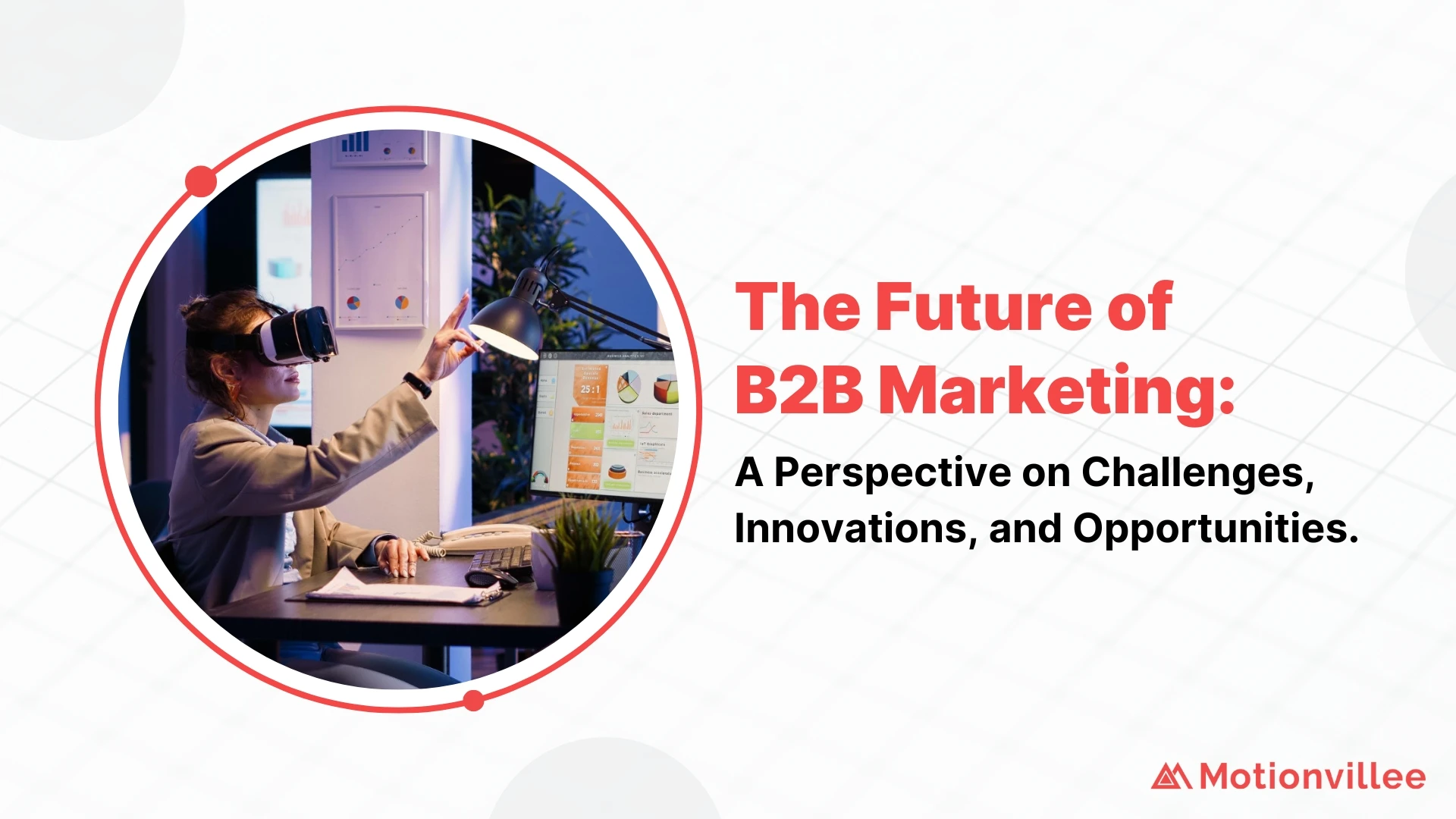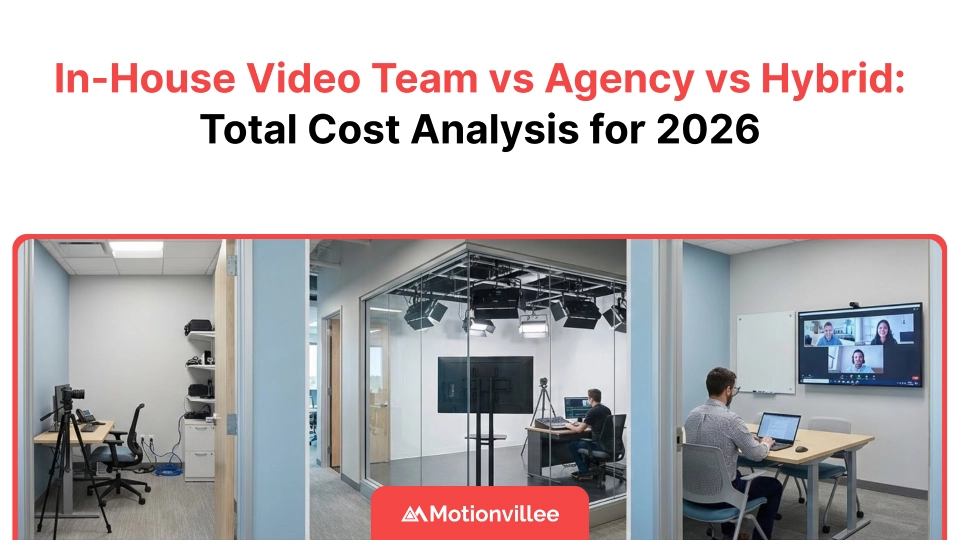The latest 2024 LinkedIn B2B Benchmark Report, which surveyed over 2,000 B2B marketing leaders from eight core global markets, offers a comprehensive look into the evolving landscape of B2B marketing. The report identifies the current challenges and emerging trends shaping the industry and provides insights into how today’s marketers are gearing up for a more data-driven, technologically advanced, and inclusive future.
Understanding the Global B2B Marketing Landscape
The report, developed with Ipsos research and LinkedIn’s B2B Index, highlights the experiences of marketing leaders across the U.S., U.K., Germany, India, Singapore, Australia, Brazil, and France. Key data was gathered through a 15-minute online survey, emphasizing the insights of senior B2B marketers working in financial services, technology, health, education, and professional services. Notably, the study identifies an increased emphasis on balancing traditional marketing skills with emerging technologies to address the evolving market needs.
Essential Skills for the Modern B2B Marketer
Today’s B2B marketers must be adaptable, resourceful, and collaborative. According to the survey, marketing professionals are now expected to bridge traditional marketing strategies with specialized skills, such as AI-driven analytics, cross-channel content creation, and customer-centric campaigns. A crucial takeaway from the report is that marketers are not just focusing on “number crunching” but are also prioritizing people skills and adaptability. With the rise of generative AI (GAI) and other automated tools, the need for a balance between technical skills and human insight is more critical than ever.
Prioritizing Technology Integration and AI
A substantial proportion of respondents indicated that AI technology has transformed their marketing processes. In 2024, two-thirds of marketers reported using GAI applications, a 20% increase from the previous year.
The report underscores that the primary uses of AI include content generation, personalization, and audience targeting. However, the adoption of AI also brings challenges, as 43% of respondents noted insufficient AI-related skills within their teams. Moreover, 59% of organizations now have guidelines in place to govern AI use, and 55% offer AI training, demonstrating the necessity for both technology and regulatory frameworks to address privacy and data management concerns.
Focus on Customer Acquisition over Retention
When it comes to budgeting, 60% of B2B marketing budgets are directed toward acquiring new customers, whereas 40% are dedicated to retaining existing ones. This focus reflects the competitive nature of B2B markets and the constant push to expand market reach. Lead generation and building a high-quality sales pipeline emerged as top priorities for marketing teams in the coming year, indicating a proactive approach toward customer engagement and growth.
Building Brand Value and Creative Campaigns
An important theme throughout the report is the increasing investment in brand-building initiatives. Nearly 67% of marketers reported heightened brand-building investments, and 88% of CMOs expressed a strong inclination towards bolder, more creative campaigns. Over 70% of these marketers revealed that their creative endeavors have made their brands stand out, enhancing customer engagement and increasing share of voice (SoV). Advanced technologies like augmented reality (AR) and virtual reality (VR) have also been used to deliver immersive brand experiences, further enhancing customer engagement.
Content and Channel Strategy: Returning to Basics with a Modern Twist
For content delivery, B2B marketers are returning to fundamentals, with social media emerging as the most effective channel (36%) followed by in-person events and email marketing. Visual content, particularly videos, is favored, as 55% of respondents acknowledged short-form videos as the top-performing content for ROI. Many B2B marketers are also focusing on infographics and case studies to foster audience engagement, and video content is set to remain the leading content type with an increasing reliance on social media.
Data-Driven Decision Making and Measurement
The report reveals that 82% of marketers are confident in demonstrating their impact to the C-suite, reflecting the rise of data-informed marketing decisions. Organizations are heavily investing in data analysis and analytical skills to improve performance measurement, with 59% of respondents affirming they have the necessary tools to meet management expectations. Despite these advancements, marketers still face challenges, such as proving ROI in short timeframes and tracking engagement across buyer journeys.
Emphasis on Collaboration and Communication Skills
Effective communication is now recognized as a top skill for B2B marketers. About 54% of respondents acknowledged the synergies between marketing and sales departments, showing the ongoing need for cross-functional collaboration. Moreover, CMOs are increasingly emphasizing relationship-building with other C-suite members, as it has become essential for aligning marketing strategies with organizational goals. The report suggests that the role of the CMO is evolving to include revenue generation, growth, and overall company strategy development.
Diversity, Equity, and Inclusion (DEI) Initiatives
DEI has become a top priority, with 60% of CMOs noting an increase in DEI investments over the past year. Marketing teams are progressively incorporating inclusive advertising and diverse hiring practices, particularly in gender diversity. However, the report also identifies gaps, such as the relatively lower focus on LGBTQ+ inclusivity. Around 48% of DEI investments are directed towards accessibility in content, and 42% focus on fostering inclusive campaigns. This emphasis on DEI reflects the broader societal movement towards a more inclusive business environment.
Conclusion
The report advocates that the B2B marketing leader of tomorrow must possess strong analytical and strategic planning skills. Industry expertise, adaptability, and financial acumen are essential traits for these leaders, who must steer their teams through the complex interplay of customer expectations, budget allocation, and technology adoption. With 68% of marketers expecting budget increases in the coming year, this optimistic outlook suggests that organizations are confident in the potential for marketing to drive business growth.





